The big decision before the Trump verdict
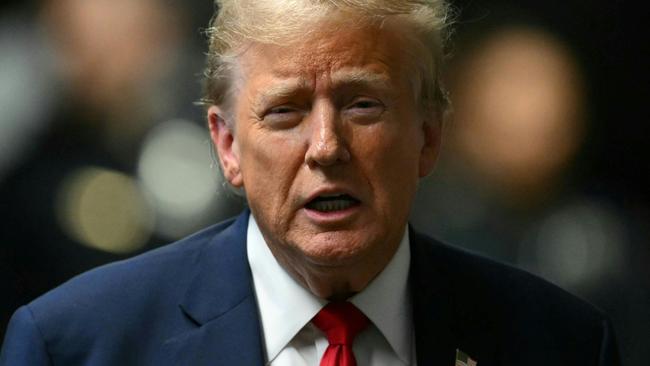
The misdemeanor charges are what are known in legal parlance as a lesser included offense, or LIO. An LIO is a less serious crime that carries lower penalties and is included within the definition of a more serious crime of which a defendant is accused. In Mr. Trump’s trial, the misdemeanor charges require proof that he deliberately falsified business records, while the felony charges in addition require that he did so with the intent to conceal another crime. The trial judge must submit the LIO to the jury if either prosecution or defense requests it. If neither asks for it, the judge may do so at his discretion.
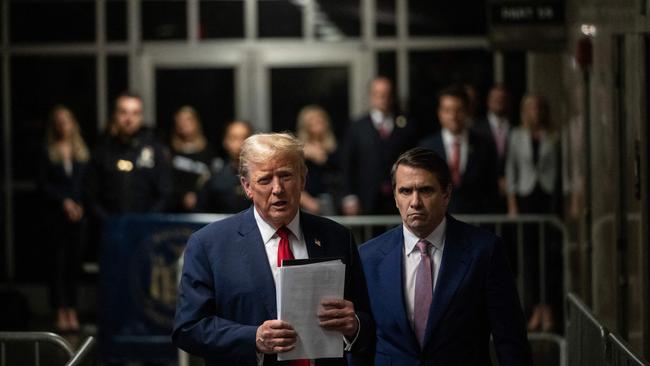
This presents hard strategic choices for both sides and a delicate legal judgment for Judge Merchan. A judge can submit an LIO to the jury if a reasonable view of the evidence allows that the defendant committed the lesser offense but not the greater. It’s entirely conceivable that the jury could conclude that Mr. Trump deliberately falsified business records but did so merely to avoid public embarrassment and marital trouble, rather than to cover up another crime. In this way, the LIO’s submission affects the likelihood of a conviction and its seriousness.
This presents an especially difficult decision for the Trump team—hedge with a misdemeanor or go for broke? If Judge Merchan instructs the jury to consider only the felony charges and it concludes that Mr. Trump falsified business records but lacked the intent to cover up another crime then the former president will be acquitted. If Mr. Trump’s lawyers submit the lesser offenses and the jury concludes the same thing, he would be convicted on the misdemeanor counts.
Submitting the LIO, however, would allow Mr. Trump to hedge against the possibility of a harsh felony sentence. With each of the 34 felony counts carrying a sentence of up to four years, Mr. Trump theoretically could get what amounts to a life sentence. Probably, the actual sentence would be much more lenient because this is Mr. Trump’s first conviction, he’s elderly and the crime is nonviolent. Still, it would be less risky to ask the jury to consider misdemeanor charges, which because of New York merger rules would at most sentence the former president to two years in jail.
Mr. Trump may think he can get a misdemeanor conviction dismissed because the statute of limitations is only two years and he allegedly committed the offenses in 2017. But this likely won’t work. As the state’s highest court made clear in People v. Knobel (1999), the statute of limitations is tolled when the defendant is “continuously outside” New York state. Because Mr. Trump has lived in the White House and in Florida for all but a handful of days since these crimes were allegedly committed, the two-year statute of limitations period has barely begun to run.
Asking for the misdemeanors’ submission would also make it more difficult for Mr. Trump to win on appeal. A substantial body of case law in New York holds that if the defendant requests that a lesser included offense be submitted and is then convicted of that offense, the defendant waives his right to challenge on appeal the legal sufficiency of the evidence supporting that lesser charge.
Mr. Trump has raised serious challenges to the legal sufficiency of the prosecution’s case. He has asserted that he lacked “intent to defraud”—as a misdemeanor or felony charge would require—because he didn’t intend to deprive anyone of money. Similarly, he argues that because he paid the hush money from personal funds, the allegedly falsified records are personal records, and not business records of the Trump Organization. These arguments, if accepted on appeal, would defeat both the felony and the misdemeanor charges. But if Mr. Trump asks for the misdemeanor charges to be submitted, and if he is convicted of the misdemeanors, he will likely lose the right to argue these points on appeal.
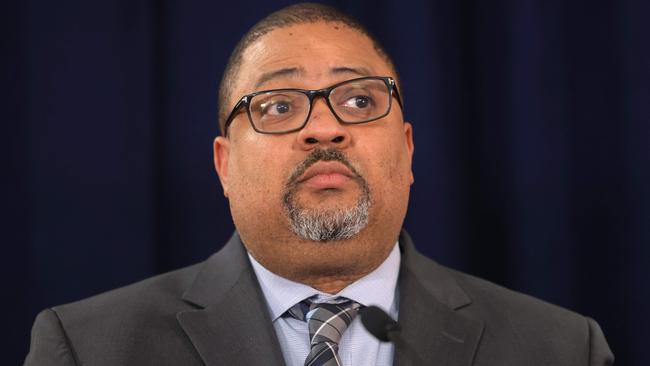
District Attorney Alvin Bragg faces a simpler but still troublesome question: Is a misdemeanor conviction a good outcome for the prosecution? Submitting the lesser charges raises the likelihood of conviction for some crime. While there is a tendency to discount a misdemeanor conviction, it still would make Mr. Trump a convicted criminal and, as a practical matter, he’d probably serve a sentence similar to what he’d serve if convicted of the felonies. A misdemeanor conviction may look less impressive in the press, but an acquittal would play like a prosecutorial disaster.
Moreover, proving intent is inherently difficult. Here, there’s a decent case to be made that Mr. Trump’s only proven intent was to protect his marriage or at worst avoid bad publicity.
Even if both Messrs. Bragg and Trump conclude for their own reasons that submitting the LIO is unwise, Judge Merchan has good reason to do so. The evidence is stronger that Mr. Trump is guilty of the lesser offense, and a misdemeanor conviction would be likelier than a felony conviction to be upheld.
Although it may seem a dry legal question, whether Judge Merchan submits the lesser included offense will likely have a powerful influence on the outcome of the Trump trial. Will the defendant, prosecutor, or judge play it safe by submitting misdemeanor charges to the jury? Stay tuned.
Mr. Greenberg, a former New York state judge, is a shareholder in Anderson Kill’s New York office and member of the firm’s white-collar defense group.
The Wall Street Journal

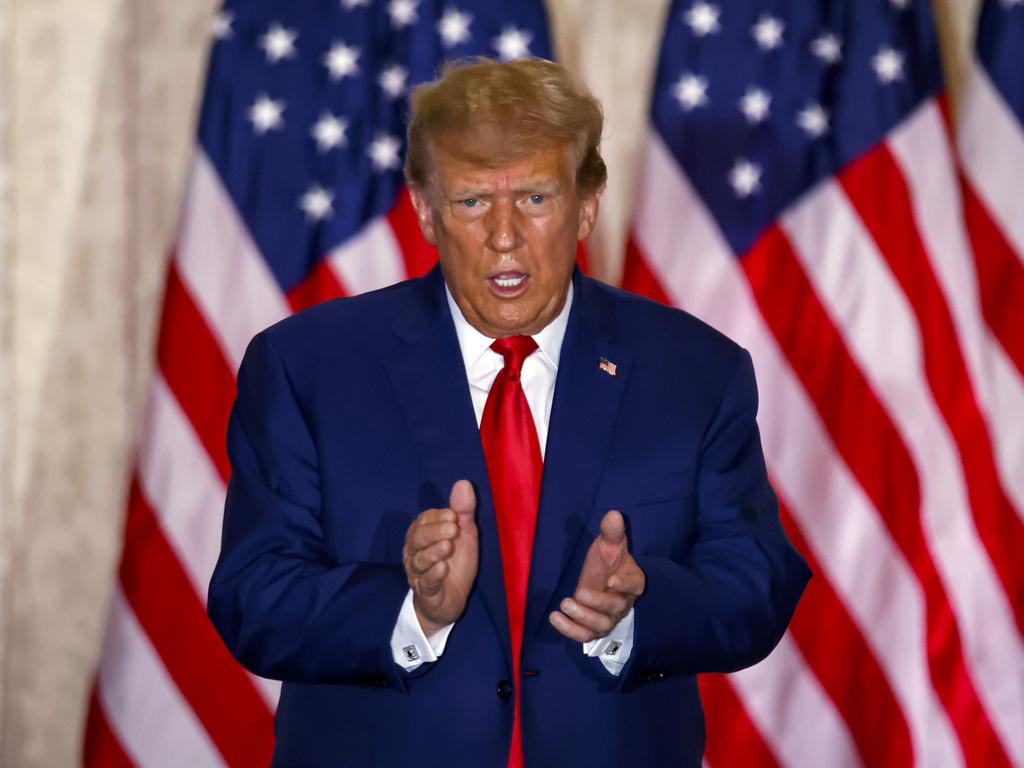

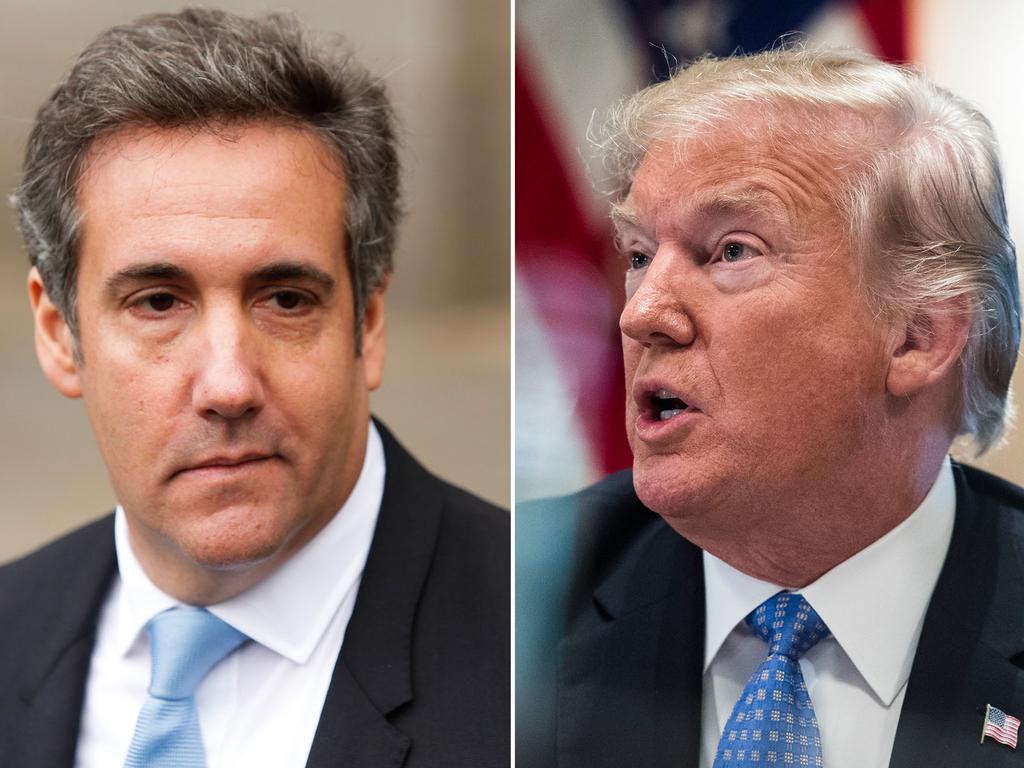
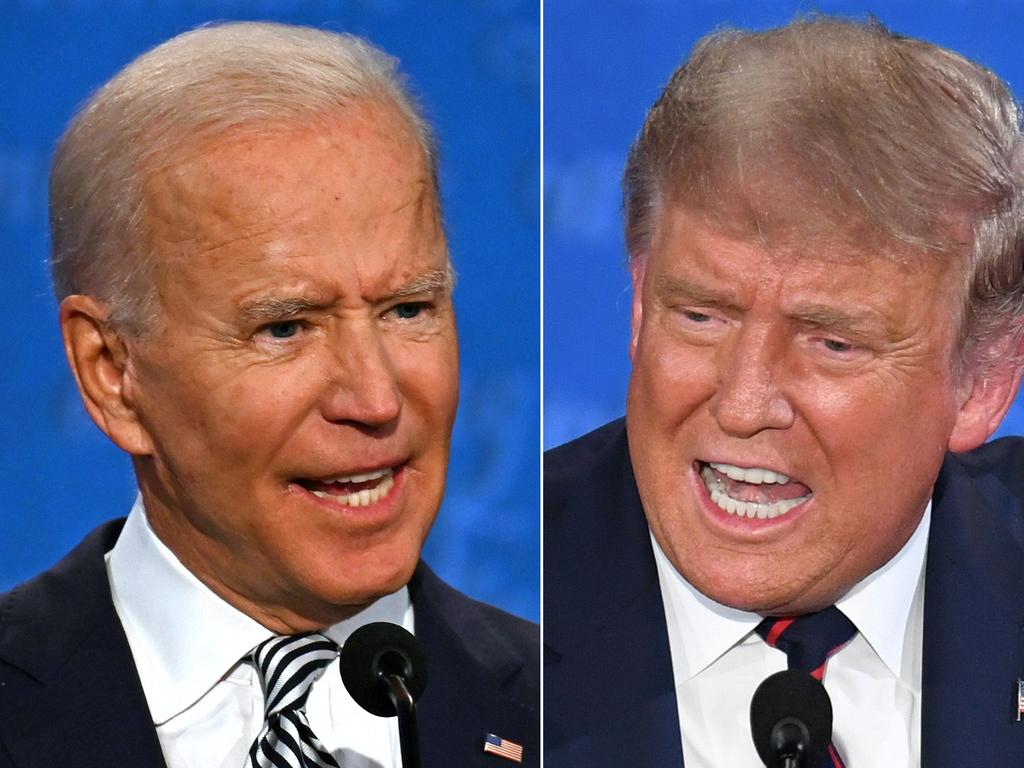


The dramatic conclusion of Donald Trump’s New York trial is quickly approaching, with lawyers tentatively set to make their final summations Tuesday. But how this story ends may depend in large part on a much drier legal affair that will likely occur the day prior—the charge conference. That meeting between the two legal teams and Judge Juan Merchan will decide a key question: Will the jury consider only 34 felony counts of falsifying business records in the first degree or also consider 34 misdemeanor counts of falsifying business records in the second degree?